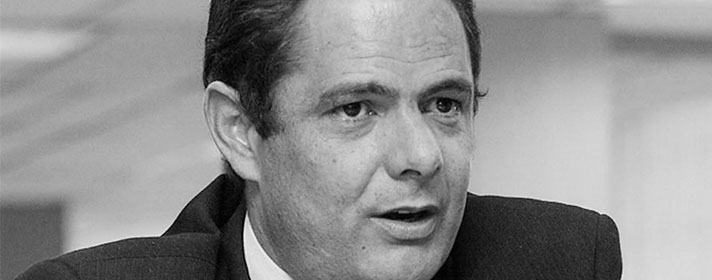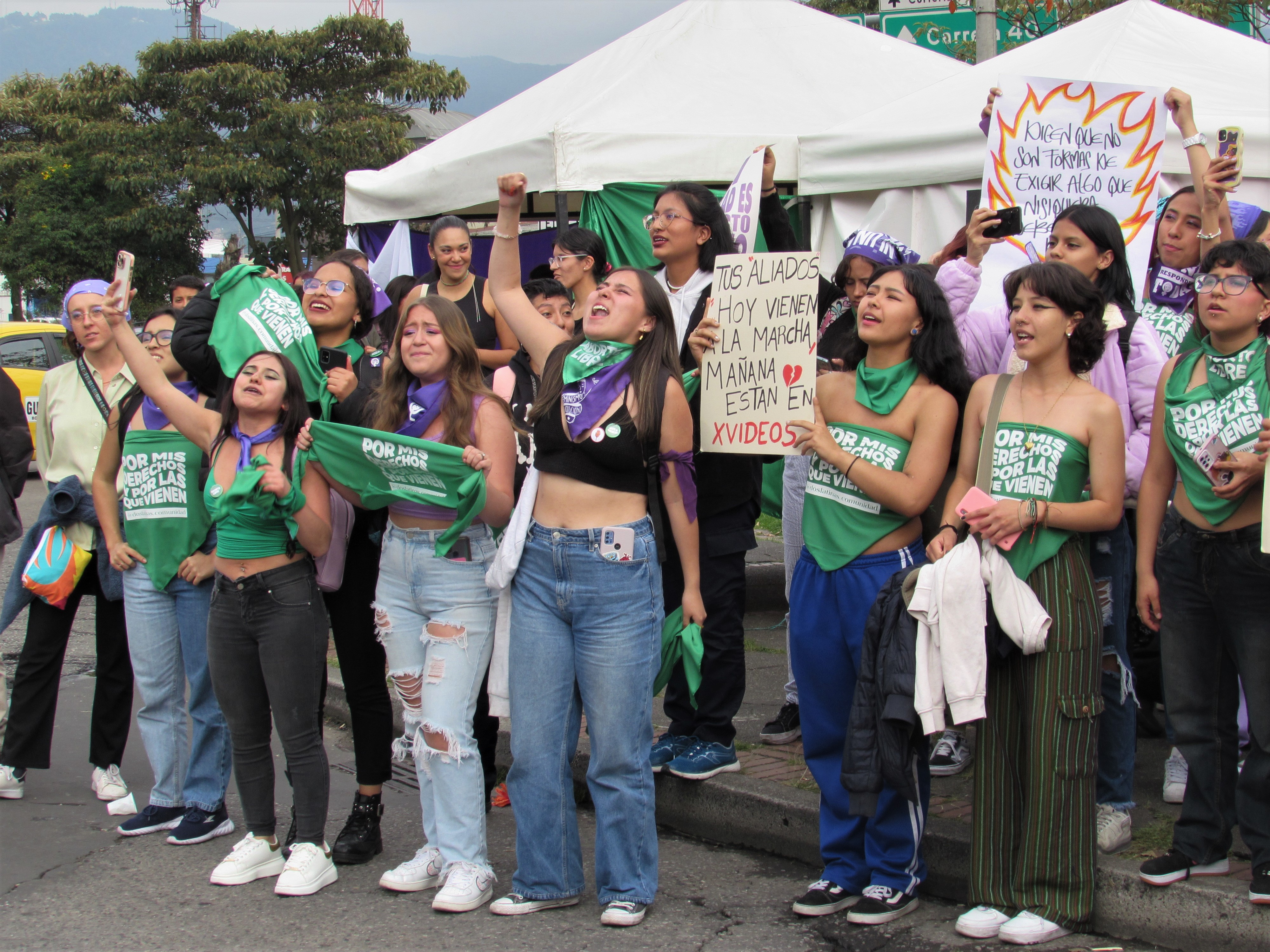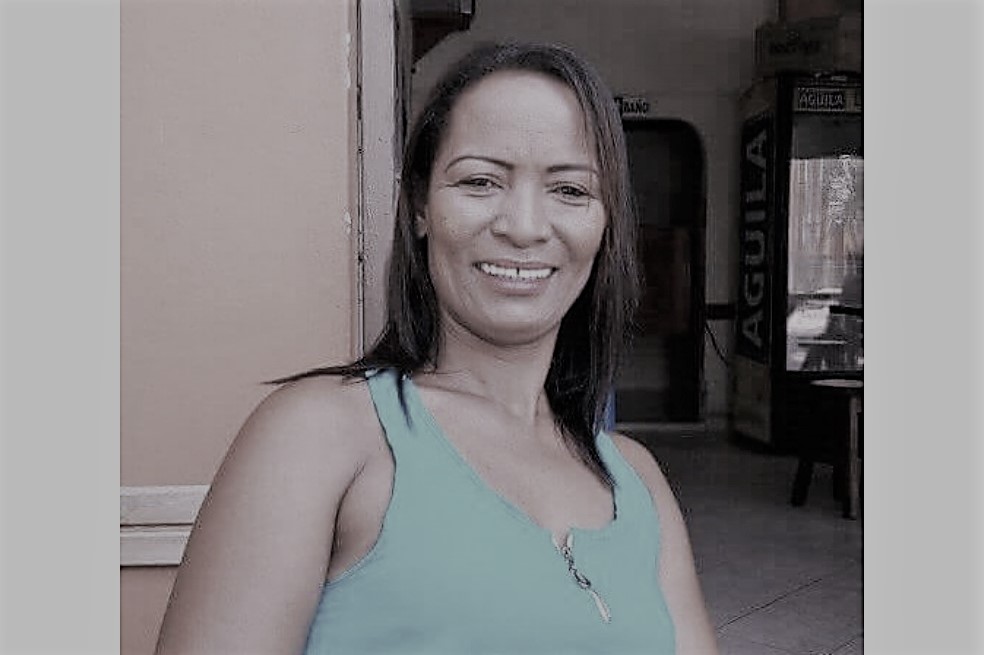Kroc Institute reports that 42% of gender commitments in Colombia’s 2016 peace agreement have not yet been started, compared with 27% overall.
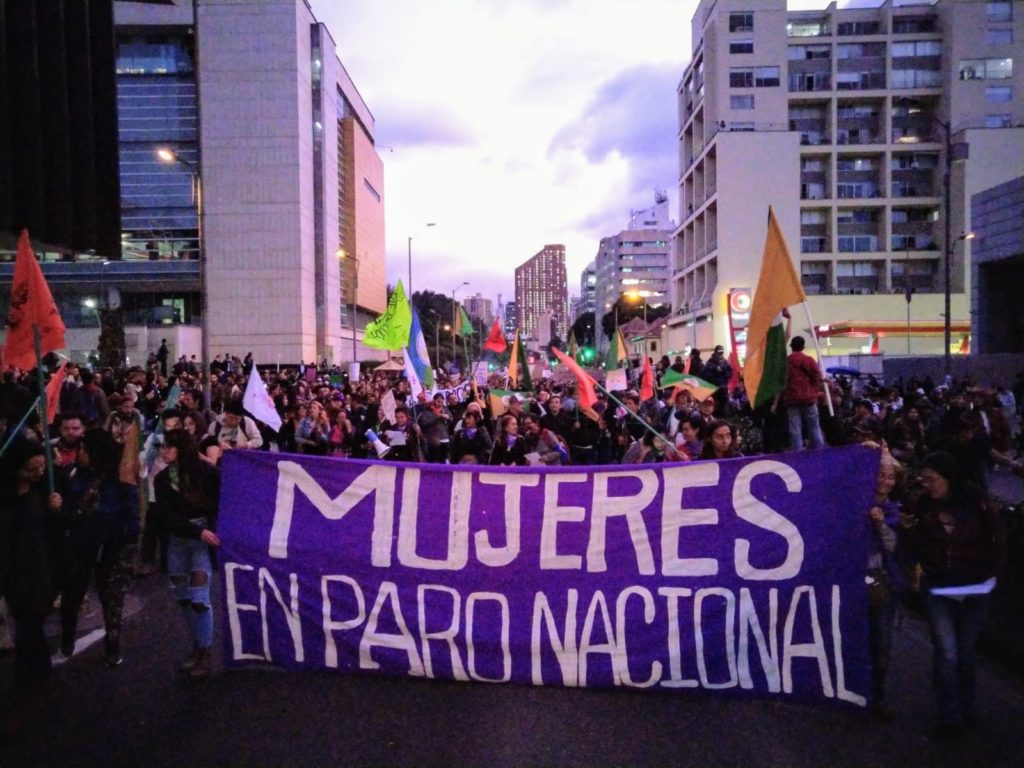
New analysis released today highlights a clear gap in the implementation of gender specific aspects of the Colombian peace agreement and stresses that the active participation of women is fundamental to constructing a lasting peace.
It has been three years since the historic signing of Colombia’s peace agreement. And one of the many reasons given by the protestors for the current demonstrations is a frustration with the slowness of the agreement’s implementation.
Another issue that has driven people to the streets is gender inequality and violence against women, which is why today’s report – which examines the implementation of the gender specific aspects of the peace accord – is so timely.
The Kroc Institute for International Peace Studies has developed a matrix that measures the implementation of peace agreements, analysing over 30 different accords that have been signed since 1989.
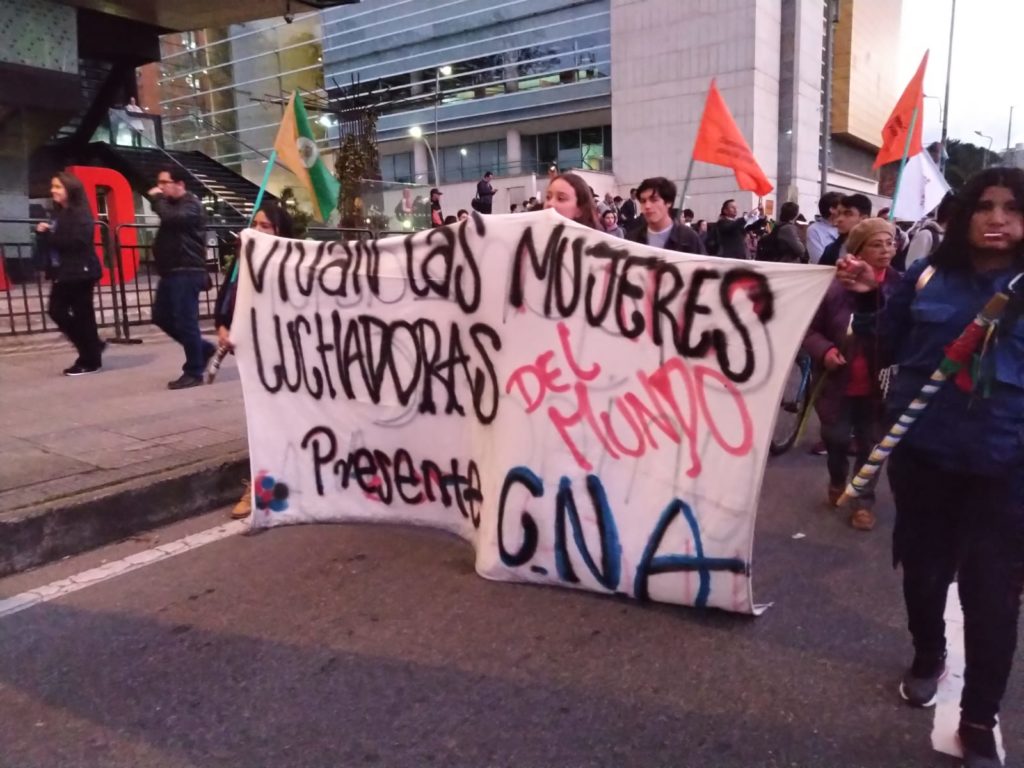
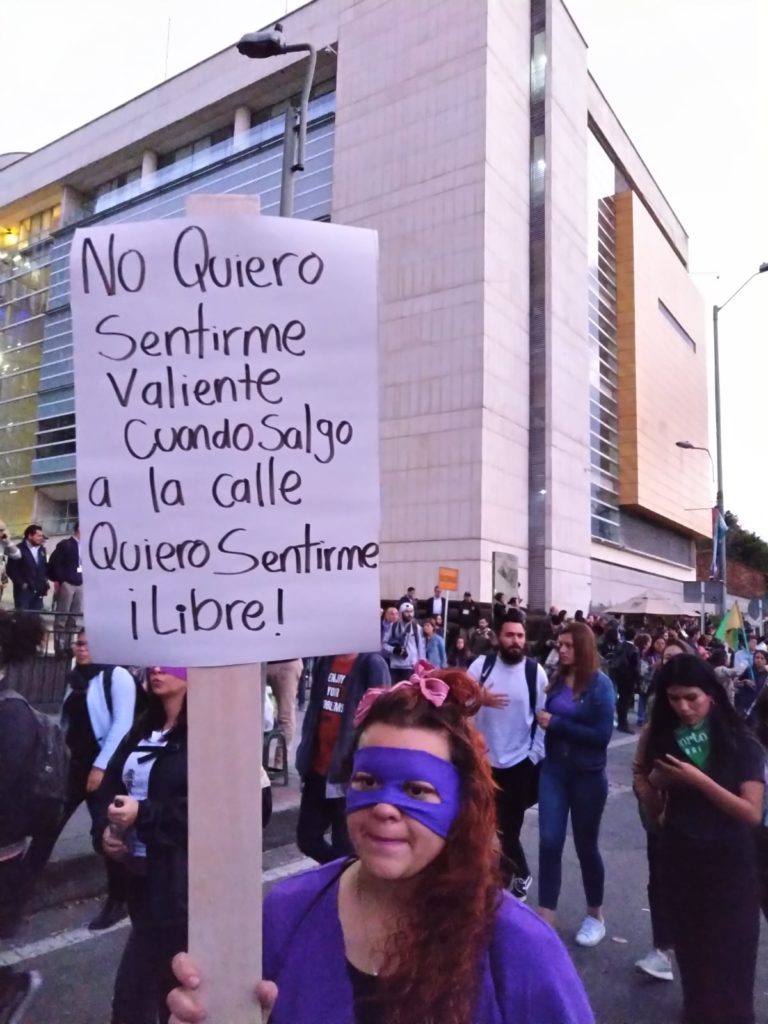
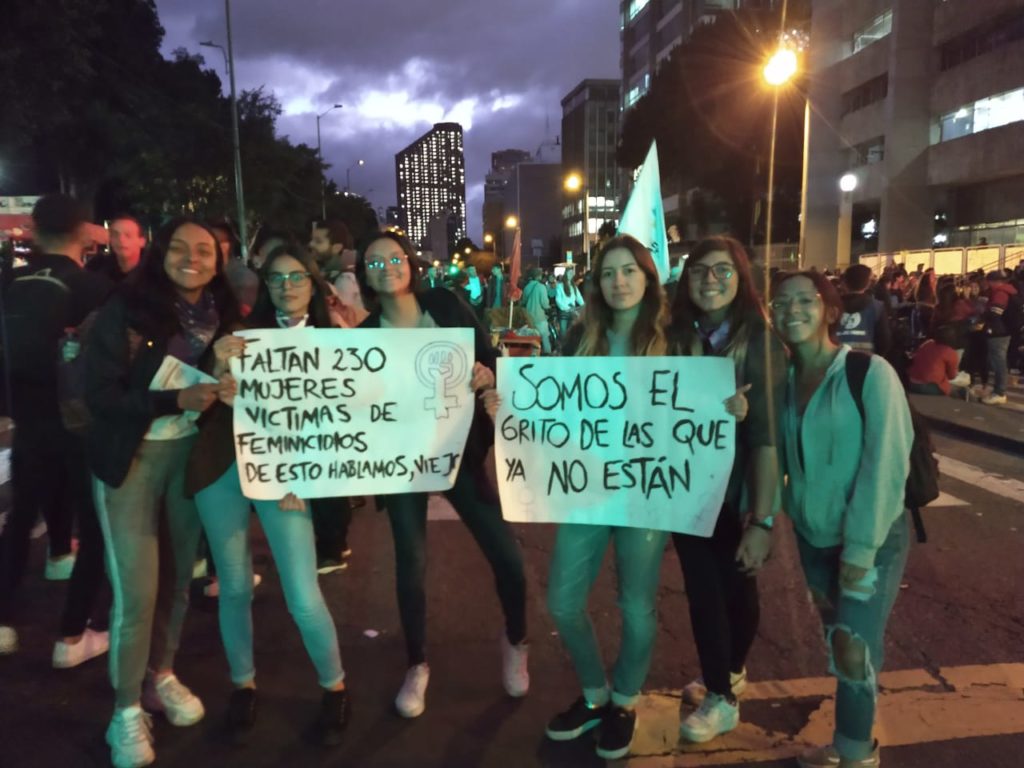
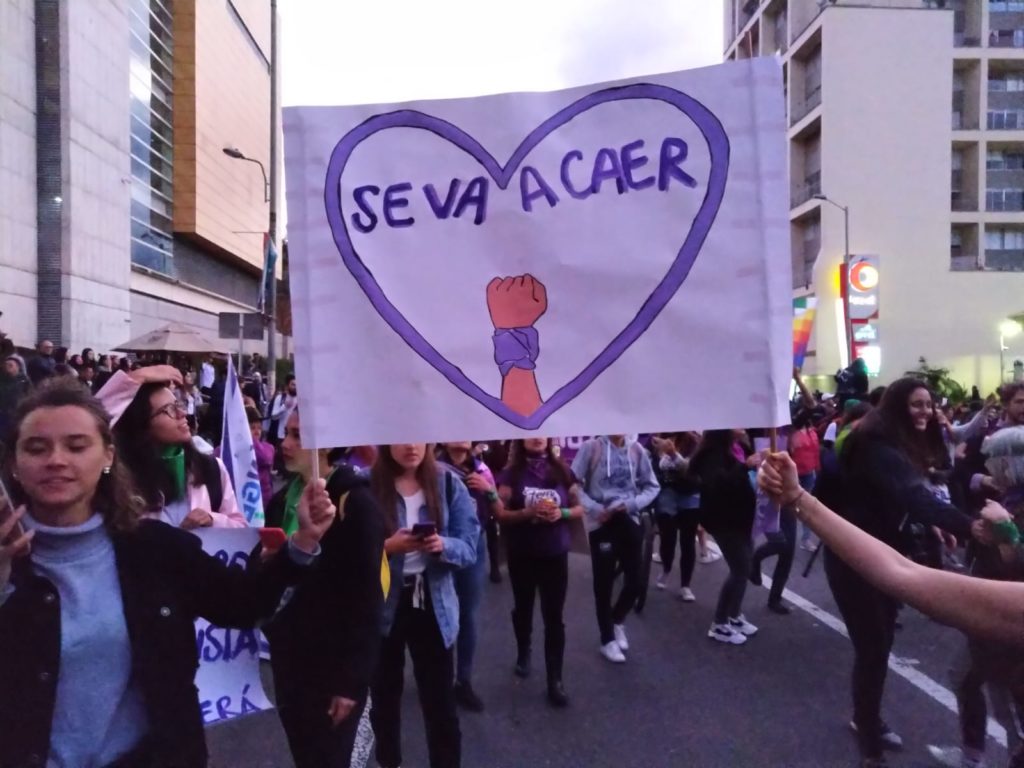
“ 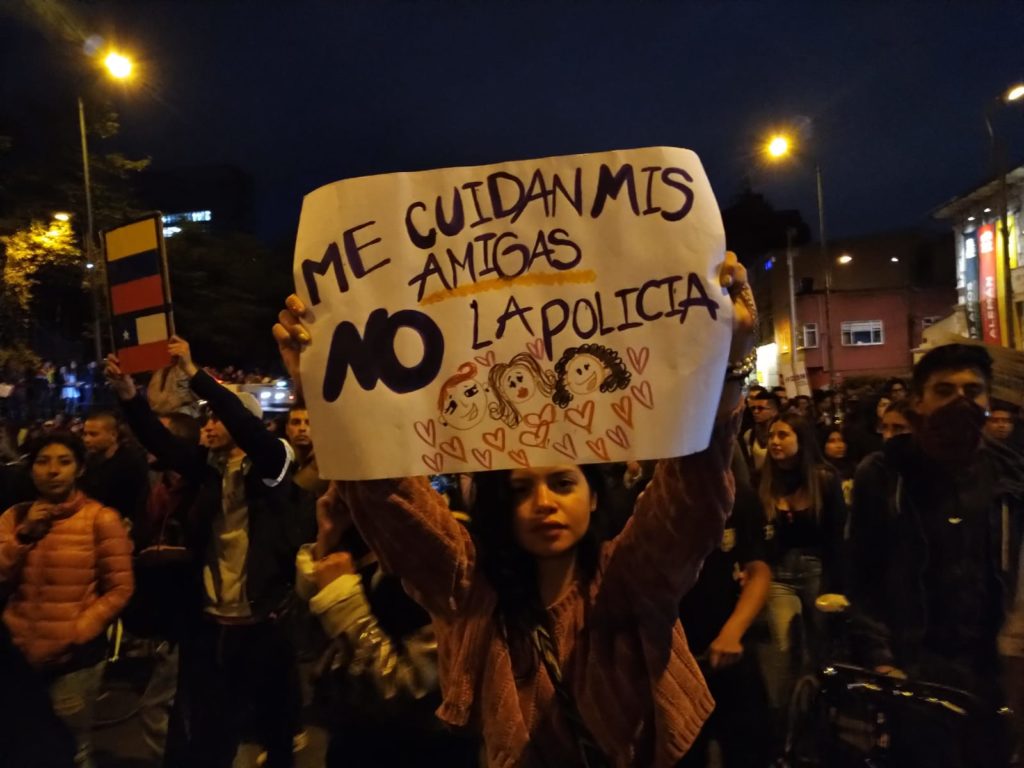
Recognising that ending decades of conflict will not happen overnight, it follows over 570 specific measures in the Colombian agreement and not only analyses the level of implementation, but also compares it with similar processes in other countries.
According to its April analysis this year, Colombia has begun to implement more than two-thirds of its commitments, which is on a par with peace agreements in other countries. However, today’s report shows that gender issues are an area where the country is falling behind.
The study, carried out in collaboration with the International Accompaniment Component, which includes Sweden, the Women’s International Democratic Federation and UN Women, showed that 42% of commitments related to the gender approach had not been started as of September 2019.
42% of commitments related to the gender approach had not been started as of September 2019
That compares with 27% of elements related to the overall agreement. It also shows that that a much lower percentage of gender initiatives have been completed (8% compared with 25% for the agreement as a whole).
What that means is that of the 130 gender focused commitments, about 55 have not even been started, 10 have been completed and 65 are in process. According to the institute, only two of those commitments are scheduled to begin after 2019 – the other 128 should all be in progress.
The Colombian peace accord was initially applauded for its pioneering approach to gender issues. As it was drafted, the accord highlights the importance of women’s empowerment and leadership to achieving peace, an inclusion that UN Women lauded as “a historic opportunity to transform the status of women in Colombian society through fundamental structural change.”
However, the Kroc Institute’s report, which analyses the gendered approach to implementation from September 2018 through August 2019, shows there is a major gap between the accord’s original intentions and its current achievements.
Gender implementation: Challenges and achievements
The report identified that “the most pressing remaining challenge is to provide security guarantees to female social leaders and human rights defenders.” No doubt, October’s two massacres of indigenous social leaders in Colombia’s Southwestern region of Cauca confirms this notion. If, as the original Final Peace Accords stipulate, women’s leadership is so significant to achieving peace, then defending social leaders, many of whom are women, is essential.
The Kroc Institute also identified a more nuanced challenge: initiating the implementation of the Accord’s commitments. Because many of the commitments involve long term action, a late start will have long term consequences.
Though the overall report is more critical than congratulatory, the Kroc Institute does highlight some achievements of the gendered approach to implementation. They highlight the establishment of the High Level Government Body for the Implementation of the Gender Approach, an organisational body created with the sole purpose of creating a gender and sexual orientation-inclusive plan for implementation.
Active participation of women is essential for peace
By providing a qualitative and quantitative breakdown of the state of implementation as of September 2019, the Kroc Institute makes an important, yet grim statement. While there have been advances in general implementation of the Peace Accord, the implementation of the Accord’s 130 commitments with a gendered approach is lagging behind – a truth that runs counter to the accord’s original commitment to prioritise gender parity.
The report concludes with a strong warning: “Without active participation of women in decision-making, the final peace agreement will not fulfill its purpose of closing social and economic gaps between men and women, and between individuals in the territories most affected by the armed conflict and the rest of the country.”

